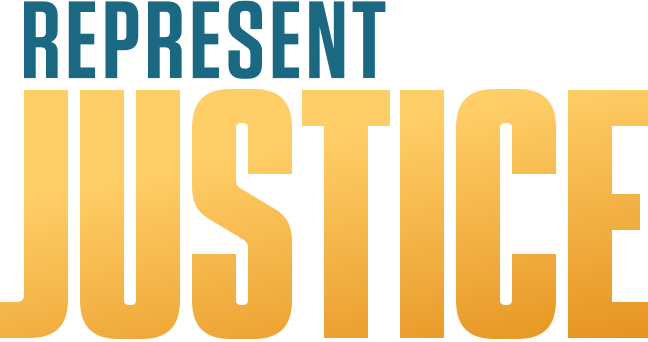Our students need support, not punishment
We’re approaching the halfway mark of the school year, and young people in the U.S. are in the midst of a mental health crisis.
Rates of anxiety and depression among teens are climbing, and suicide is now the second-leading cause of death for youth aged 10 to 24. What’s clear is that this crisis isn’t an individual one, but a social one.
Young people, with developing adolescent brains, have spent the last several years indoors, separated from their peers and community while navigating some of the most formative years of their lives. These compounded stressors, coupled with a shortage of mental health professionals, have left youth without many resources. In a school environment that defaults to punishment and policing over counseling and support, that lack can be especially dangerous for young people.
We believe we can move toward a world that offers meaningful support to young people a they navigate challenges. One that meets struggle with support and compassion. One that funds counselors in schools, instead of policing. In order to move forward, we can look back to identify opportunities for change.
We asked some of our Ambassadors to reflect on their experiences with discipline in schools, and moments where a less punitive approach to intervention would have made a world of a difference.
Shannon Ross found himself being reprimanded by teachers for talking back or playing around with classmates. Instead of engaging with him and helping him redirect his energy, teachers would call home and default to excessive discipline policies.
“Had I been encouraged to employ my argumentative and playful nature in different ways, I would have acquired a healthier attitude towards adults and the wisdom they shared,” Shannon said. “In turn, I may have been more willing to pursue the path of leading my emotions rather than being led by them.”
Twyana Davis said she didn’t typically find herself in trouble in school — traumatic experiences in her home life kept her mind elsewhere. But she recalls a time as a freshman in high school where her English teacher sat with her after school.
“She could tell I was overwhelmed by my blank expression. Although there were very few words spoken, a lot was said,” Twyana said. “I could feel her positive energy and support from her presence alone. After 45 mins in silence, I left the room with the understanding that ‘love’ is a language that the deaf can hear, and the blind can read.”
For Kent Mendoza, his early school experiences weren’t positive. In elementary and middle school, he was dismissed or punished more often than he was supported. In the seventh grade, Kent got into a fight and instead of administrators investigating the situation, they expelled him from school, which led to Kent losing motivation for his education.
His experience changed when he went to continuation school. “After being pushed to the school to prison pipeline in middle school, I had pending tickets that required I go to court. At one point, they let me do community work hours instead of being sent to probation camp. The continuation school decided to support me by allowing me to volunteer hours at school cleaning, and they still paid me even though it was my court ordered service. The school supported me then because they cared for me… until they didn’t.”
If Kent had continued to be supported by the educators and administrators at his school, he would have had more opportunities as a teen to learn from his mistakes and testing boundaries, and continue his education.
We must treat kids like kids, and meaningfully invest in resources that meet the crisis they are facing with support for their mental health and wellbeing. That is how we’ll make sure all kids are able to grow and thrive.
Can you reflect on an instance where, while in school, you could have been punished or disciplined for something, but instead someone stepped in and supported you through resources, time, and attention?
